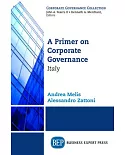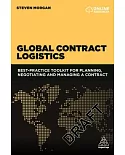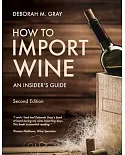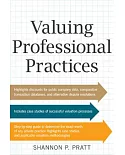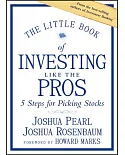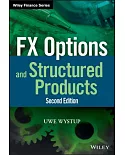"Disorganized crimes - outbreaks of corporate misgovernance which grow out of the inherent conflict of interest between managers and shareholders are no new thing. Economists since Adam Smith
have been aware of the dilemma of having professional managersin charge of ’other people’s money’. However, neither current corporate governance practices nor government regulation have
prevented major financial fiascos arising out of this conflict. In the last episode (the Credit Crisis of 2007-2009), disorganizedcrimes nearly collapsed the global financial economy. This book
explains how and why these disruptions occur and how we can modify current governance practices and government regulation to reduce the losses to shareholders and avoid serious macroeconomic
disturbances such as the Great Recession. Linking two major outbreaks of the past decade (the Enron Era and the Credit Crisis of 2007-8) the book shows what is common to each. It explains how
and why industry monitors such as boards, auditors and ratings agencies break down, and how management incentives, corporate compensation and promotion systems leave Directors free of
liability, but companies exposed. Disorganized crimes are disruptive and costly. This book lays out a path for avoiding financial fiascos or at the least significantly reducing their impact - a
path that focuses on creating measures that make markets work in tandem with regulations, rather than adversely as is presently the case. "--








